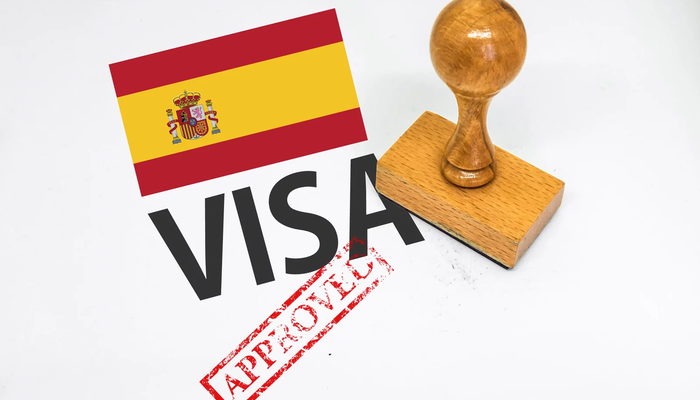Spain’s termination of the Golden Visa program on April 3 is set to significantly affect the property market, especially for non-EU nationals.
Expat insurance firms are warning that many individuals may face uncertainty regarding their investments and residency status, with the new regulations poised to reshape the landscape for foreign buyers in Spain.
In response to the deadline, the experts at William Russell have revealed the potential impact of Spain’s visa changes.
Marketing director William Cooper says: “Scrapping Spain’s Golden Visa program could significantly impact short-term holidays, the tourism industry, and British expats who have already moved there as part of the Golden Visa scheme.
“Fewer holiday homes available for rent limit accommodation options for tourists, and if current property owners sell off their homes, it could drive up prices for the rentals that remain, which could also affect those on Spain’s popular Digital Nomad Visa, that allows remote workers earning €2,000 to €3,000 (£1,704 to £2,556) per month to live in Spain for up to five years. Fewer affordable housing options in key cities and tourist hotspots could make it harder for digital nomads to settle in Spain.
“Even though tourism reached record highs in July 2024, a drop in foreign investment – especially in the real estate sector could trigger far-reaching effects, including implications for British retirees who play a key role in contributing to local economies through steady, long-term spending.
Socialists to make new government in Spain
“The programme enabled British investors who invested €500,000 or more in Spanish property and their families to obtain residency with minimal stay requirements. Without it, many who moved to Spain under this scheme may consider selling their properties, which could lead to a slowdown in property sales, especially to UK buyers in popular expat hotspots. Now, potential investors may look to non-EU countries with more flexible visa options, such as Canada and Australia.”

He says there are other European countries that offer incentives to make the process of buying abroad easier:
Italy – this has brought back its popular 1 Euro Homes initiative, which aims to revitalise small, rural villages experiencing population decline. Several towns, including Zungoli in Campania and Mussomeli in Sicily, are offering abandoned houses for €1 to attract new residents;
Seven Croatian Fans Arrested for Nazi Salutes at France-Croatia Match in Paris
Greece – launched in 2013, the Greek Golden Visa Program grants residency to non-EU investors who buy property in Greece, making it an attractive option for British expats. Key benefits include a five-year residency permit that’s renewable as long as you keep the property, the inclusion of your family in the permit, and a path to citizenship after seven years;
Thailand – British expats can buy freehold condominiums in Thailand if foreign ownership in a building doesn’t exceed 49%. In addition, expats can lease land or houses for up to 30 years, and areas such as Phuket, Pattaya, and Bangkok offer luxury developments specifically designed for foreign buyers.
Cooper says ex-pats should know three things before buying abroad:
“Firstly, work with local experts: Hire local property and law experts to help navigate language barriers and local laws. Pick estate agents and local legal council officials who specialise in working with British expats, or find a community of British expats for the country you’re moving to and ask them for recommendations. Legal experts should ensure they’re registered with local legal councils and/or the Law Society in the UK, these experts can act as your translator, too, simplifying the process.
“Secondly, monitor currency exchange rates: Arrange your financing ahead of time to avoid conversion charges, whether through a local bank or an international mortgage. Keep a close eye on currency fluctuations, and consider using a foreign exchange specialist to save money.
Spain National Tribunal approves extradition of Mexico’s former oil chief
“Thirdly, organise financial documents: as a UK expat, you might need to supply your mortgage lenders abroad with more extensive paperwork, such as proof of income, tax returns, and credit history. Plus, there are extra expat-only steps you’ll need to go through, such as anti-money laundering and tax checks. Some countries require expats to take out things like private health insurance as part of the process, too.”



